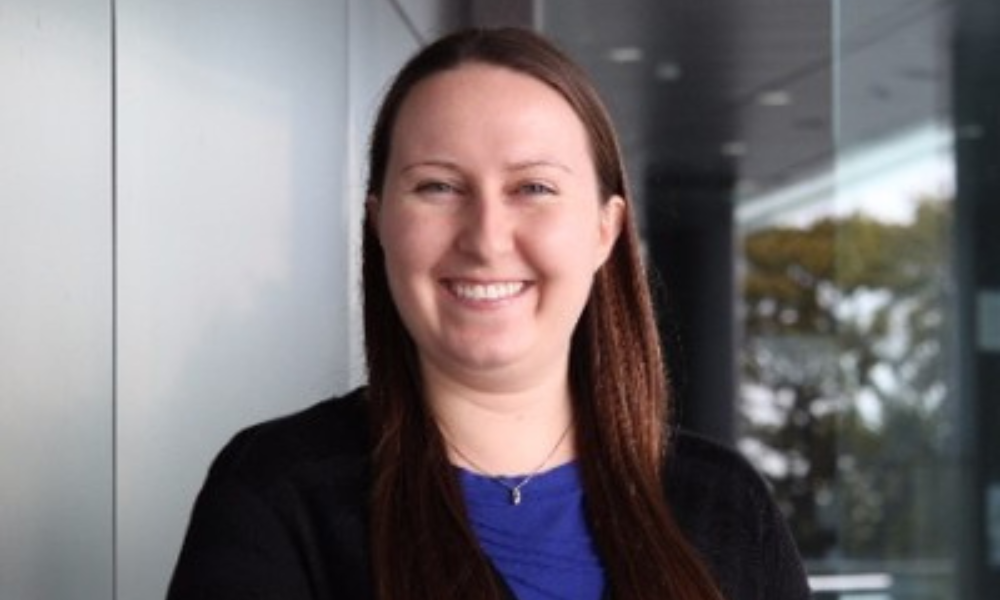
Upcoming HR summit to look at disengagement and changing world of work

The old days of work meant employees turned up, worked, and received payment for that work. Recent years have seen a major shift in employee expectations — today, workers want more than a paycheck, they want to feel valued, and they want to see career progression.
If they don’t, phenomena like ‘Quiet Quitting’ or ‘The Great Resignation’ are absolutely an option for them.
“This is a really interesting discussion that I have with clients pretty much daily now,” said Patricia Hubbard, senior consultant at workplace consulting company, Gallup. “People don’t want a boss anymore, there’s a real need for people to have that coach, that champion behind them, that’s actually interested in their career development. So, for organisations to compete we really need to be thinking about how we’re having these ongoing discussions with our employees.”
It may have gone viral on TikTok only last year, but Hubbard suggests that the idea has been around for some time. “Now that we have a name for it, I definitely reflect back and see in roles in previous organisations when people just became completely disengaged and when the clock hit five, they were gone.”
But without the knowledge garnered from TikTok, leaders of the olden days would likely conclude that that’s a lazy employee that just doesn’t want to work. “We did make those assumptions,” said Hubbard, “when some of that was kind of on us as leaders to be taking that forward and helping to boost their productivity.”
In one of the several panel discussions taking place at the HRD National HR Summit at the Hilton Hotel in Auckland on April 27, Hubbard along with other HR industry leaders will be discussing strategies for how to overcome quiet quitting by cultivating an engaged workforce.
“What I would really like to emphasise is that ‘engaged’ word,” said Hubbard. “So that disengagement and how we get to that point is something that I’d really like the audience to unpack and think about a little bit more.
“When you have engaged employees, you see how that relates to your outcomes and how that relates to expectations and how employees are more likely to do things for your organisation when they are highly engaged in it,” said Hubbard.
“I really want organisations to think about the more proactive engagement strategies they could be doing,” Hubbard said highlighting the relationship between engagement and communication explaining the annual performance review is a relic of old leadership and carving out time to have weekly conversations helps to keep employees connected.
If you’d like to hear more about how to build an engaged workforce register for the HRD National HR Summit now.
“I always love being involved in these panel discussions and keynotes. I get very excited about the knowledge transfer and the discussions that happen. There’s so much discussion and so much sharing that we can learn from one another and because we haven’t done it for a couple of years, everyone is really excited to see each other in person.”